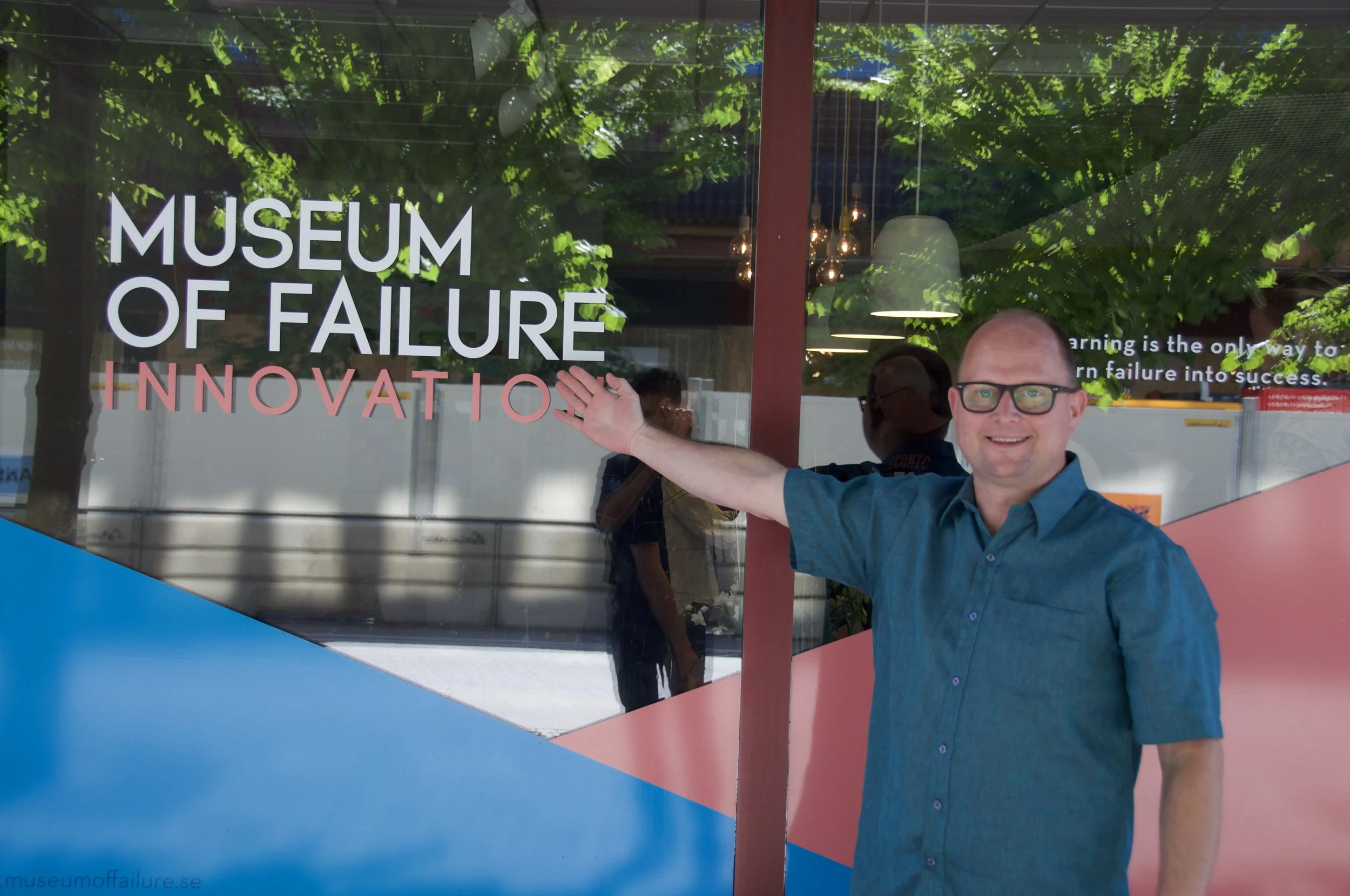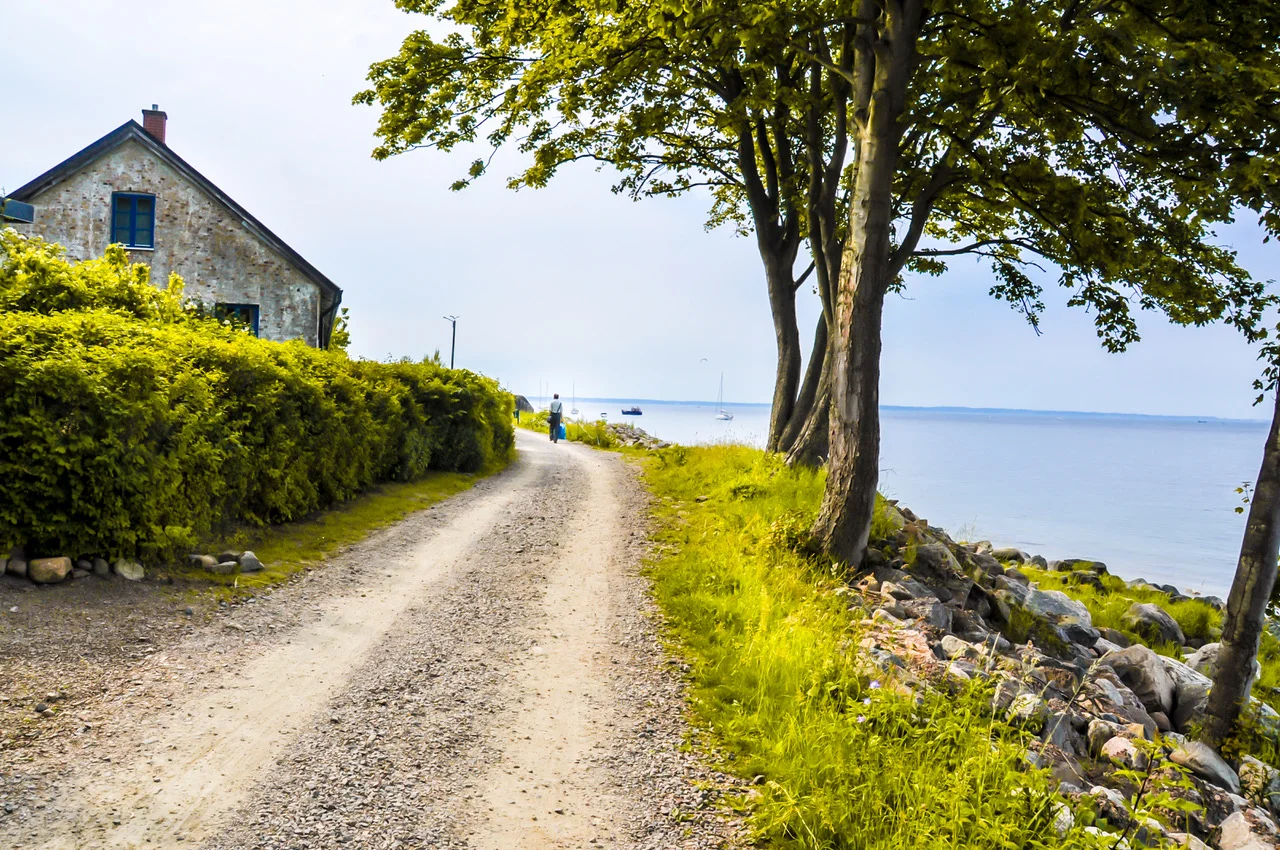The Journey of Standing Still
I had travelled incessantly for months, and all over the globe — from Tokyo to Seattle, from Oslo to Cairo. While I gained points for frequent flying, I lost the perspective and discernment of a thoughtful traveler. In a new city, the hotel room appeared to be an exact copy of the one I had left behind, and the eating options the same that I would have found before boarding the plane. Slowly, the boundaries between the places themselves began to become fuzzy. One night, I tumbled out of bed with hunger pangs and began searching for a sushi joint on the streets of Cairo. On realizing what I was up to, I knew I needed a break. No, not another trip to some place exotic, but back home to recuperate, to align my directions and perspective; to hopefully, become aware of a more still life.
Just as this thought of staying put began to solidify in my head, the coronavirus outbreak happened.
The virus spread like wildfire, and soon enough first cases appeared in Sweden also, where I live. Staying home for weeks became more of a necessity than an option now. And so that’s what I did – and I prepared for it with the same exactness as I did while preparing for a journey.
I decided to take a full break, which meant I would remain at home and not go to office, nor attend any calls or meetings. In fact, why not combine that with a digital detox, I wondered? Even while travelling to new places, or more so while being in a new city, I was constantly glued to my smartphone, searching for attractions to see, options to eat, and so forth. That much screen-time was time stolen from experiencing the place itself. In unfamiliar places, I stuck fervently to my familiar advisor — the smartphone — and now I wanted to untether, at least for a week. So, I packed my phone away, depositing it with a friend with instructions to not open the door if I came knocking a few hours later.
As the first few hours of this sojourn unfolded, I felt an odd calmness, in which I could hear the slow whistling sound of silence. It was easy to hear, for my home is in a beautiful small city of Malmö in Sweden, where the traffic on the streets is light, and people talk in hushed tones. Outside on the trees, I heard the birds chirp as I sat down with my coffee in the balcony. Unhurried, I slowly sipped, consciously enjoying every sip of it. Though I had lived in this apartment for more than three years, I realized I was still unfamiliar with some parts of it. Like the balcony itself, where some of the wood from the floor was coming off, in want of repair. Maybe the balcony could do with a small fountain in the corner, making soothing gurgling sounds like the way I had experienced in the Japanese temples. I made a mental list of things to do to improve the balcony.
By late morning, signs of boredom began to appear: I became restless, and start wondering if I had got any new emails or messages. Given that there was no television or Netflix anymore, I had to find solace elsewhere. Books, those old long forgotten friends of mine, came to my rescue. I found a large pile of books collecting dust on my table — these were the books that I had picked up at various airports with the good intention of reading them on my flights, but invariably, soon after take-offs, the fatigue would kill my will.
I examined the books. It was a good bunch ranging from business to science to personal development, with some quality old fiction thrown in. I picked up Llhosa’s The Time of The Hero, for it was a good preparation to listen to his talk in Copenhagen later in the year. I picked Neil Gaiman’s American Gods as well, a book that I had heard so much good about from so many of my friends that I had long avoided it for the fear of failed expectations. I needed engaging non-fiction to stimulate my thinking. So I added Cal Newport’s Deep Work and some HBR Business Essentials to the lot.
The days became easier with the books. I couldn’t remember when I had last got time to read uninterrupted for so long. Soon I got into a rhythm that neatly compartmentalized my days: I would read non-fiction in the mornings and afternoons, and reserved fiction for the evenings. In between, when my eyes got tired, I took a break to meditate - a habit that I had been consistent with but always felt rushed while doing it during travels. In the evenings, after dinner, I let myself out for a long walk in the nature, away from crowded places to stay safe. There are several streams in Malmö, and I walked along a different one every day. Most of the time, I was the only one doing so for others were elsewhere, perhaps partying or glued to Netflix, like the way I had been only a week back.
By the end of the week, I had read five books, more than I had read in the last six months. What stood out was Deep Work, for it made the point that we are increasingly distracted in this hyper-connected world, and that our ability to do high-focused work is diminishing. Newport stressed that only through such ‘deep’ work does any meaningful contribution come. I promised myself to inculcate at least an hour of deep work in my normal daily schedule. Though I craved for my smartphone, over the course of the week, the urge lessened. I felt more in control than I had the week before and made yet another resolution to keep the phone away — preferably in another room — while working, or reading. I also noticed that I had slept better throughout the week, thanks to regular meditation, zero screen-time, and an unplanned, loose schedule peppered with good literature.
Finally, about travel. In the hours that I got I thought back about why I travel. When I had first seriously started travelling in my early twenties, I wanted to drown myself in different cultures, understand the subtle differences that exist between peoples and appreciate them for they make us humans, each in her own way. In that pursuit, even with little money in my pocket, I had taken journeys that taught me life lessons and established friendships that survive to this day. Over time though, with more money to spare, giving access to remote global locations that I could now fly to, I had become a tourist. A sad realization dawned that I was browsing through the places that I visited now, rarely taking the time to dig deep, or establish any connection to the place or its people. The more I travelled, the more I sought familiarity. My travels had turned from collecting experiences to ticking checks against must-dos.
They say recognition is the first step to change. Despite the counter-logic of weeklong travel curfew that was imposed on me thanks to a pandemic, it ended up being the best undertaking for my future travels. I decided I will ration my travel, sprinkle it miserly over the year, and when I do travel I would do it with a sense of naivetes, and let myself be educated by the unfamiliar and the unknown.
Sometimes, standing still is the best journey of all.
A version of this story appeared in The Hindu
—






